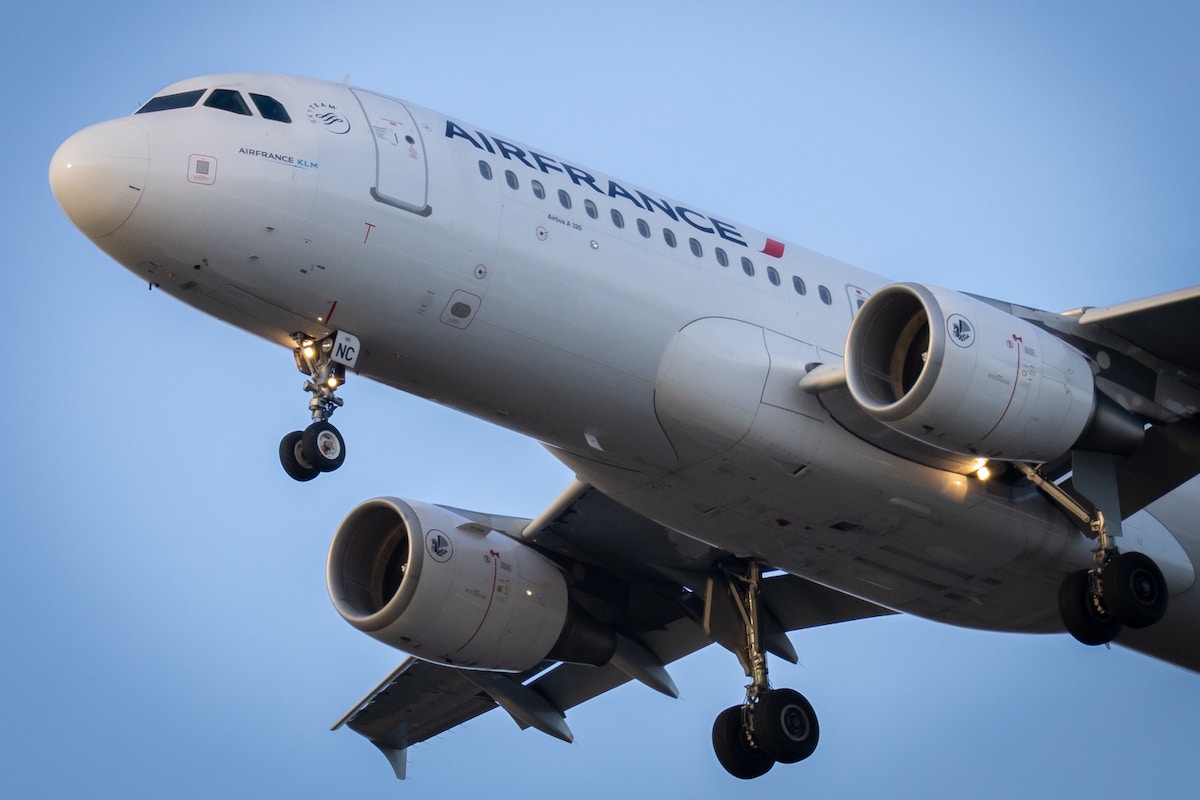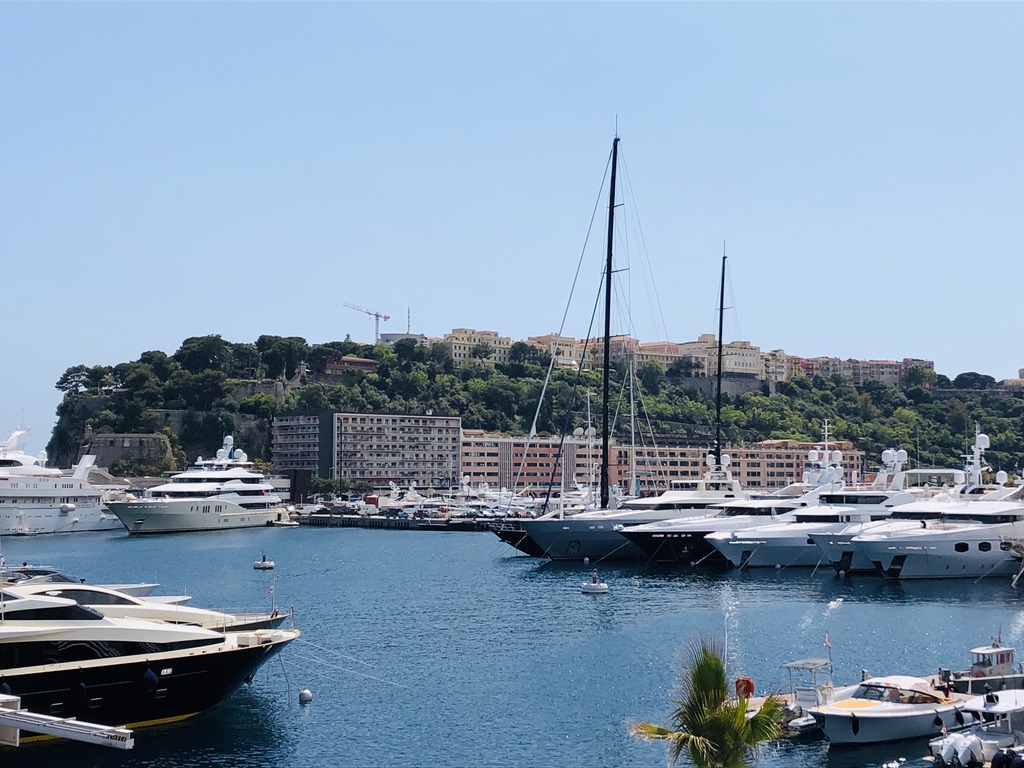A French court has cleared European planemaker Airbus and Air France of “involuntary manslaughter”, upsetting families of some of the 228 people killed when an airliner vanished into an Atlantic storm almost 14 years ago.
The ruling follows a historic public trial over the crash in pitch darkness of flight AF447 en route from Rio de Janeiro to Paris on 1st June 2009, and ends a battle by families to establish criminal liability for France’s worst air disaster.
Announcing the verdict, Paris judge Sylvie Daunis listed four acts of negligence by Airbus and one by Air France but told a packed courtroom these were not enough under French criminal law to establish a definitive link to the loss of the A330.
“A probable causal link isn’t sufficient to characterise an offence,” the judge said in her 30-minute judgment marking the end of France’s first ever corporate manslaughter trial.
She said both companies nonetheless remained responsible in civil terms for repairing damage inflicted by the crash and scheduled a new hearing on 4th September for some outstanding claims.
Families greeted the verdict in near-silence after a sometimes stormy nine-week trial held late last year.
“Our lost ones have died a second time. I feel sick,” said Claire Durousseau, who lost her niece in the crash.
The head of the main association of families said they were “mortified and overwhelmed” by the verdict, which had followed a “chaotic” legal path stretching over more than a decade.
“The loser first and foremost is French justice,” Daniele Lamy, president of the AF447 victims’ association told journalists in the Paris courthouse.
Both companies had pleaded not guilty to the charges, for which the maximum corporate fine is €225,000. Sources say there have also been some settlements for undisclosed amounts.
In separate statements following the verdict, both companies expressed sympathies to relatives and said they remained fully committed to aviation safety.
CIVIL CLAIMS
The AF447 disaster has been among the most widely debated in aviation and led to a number of technical and training changes.
After a two-year search for the A330’s black boxes using remote submarines, French civil investigators found pilots had responded clumsily to a problem involving iced-up speed sensors and lurched into a freefall without responding to stall alerts.
But the trial also put the spotlight on earlier discussions between Air France and Airbus about growing problems with the external “pitot probes” that generate speed readings.
The trial focused on whether Airbus had reacted too slowly to the rising number of speed incidents and whether the airline had done enough to ensure pilots were sufficiently trained.
But after nine weeks of sometimes heated evidence, prosecutors themselves concluded that there was not enough information to establish blame.
The verdict is the final twist in a case initially pursued solely against Air France, before investigating magistrates dropped it altogether, and finally both companies ended up facing charges after an appeal from families and pilot unions.
On Monday, the judge ruled that Airbus had been negligent by failing to order replacements before the accident of the type of speed probe involved in previous scares, and failing to grasp a wider pattern of risks by combining multiple airline reports.
A cockpit display also failed to give pilots the same detail of alerts that were being transmitted to ground engineers.
Those scraps of coded letters were the only indication of what had caused the crash until the wreckage was found two years later, when the actions of pilots also took centre-stage.
The judge also found Air France had been negligent in failing to refresh its pilots’ awareness of earlier incidents, something that might have improved AF447’s chances of survival.
But the question of “causation” proved too high a hurdle for the criminal charges, according to the ruling, to the evident disappointment of lawyers who had pressed ahead with the trial.
“We’re told Air France, Airbus are responsible, but not guilty. We were waiting for the word ‘guilty’,” said families lawyer Alain Jakubowicz.
Sign up for the Monaco Life newsletter. For the latest news, follow us on Facebook, Twitter, and Instagram.
By Monaco Life with Reuters (Reporting by Tim Hepher; Editing by Kirsten Donovan). Photo credit: Vincent Genevay on Unsplash

